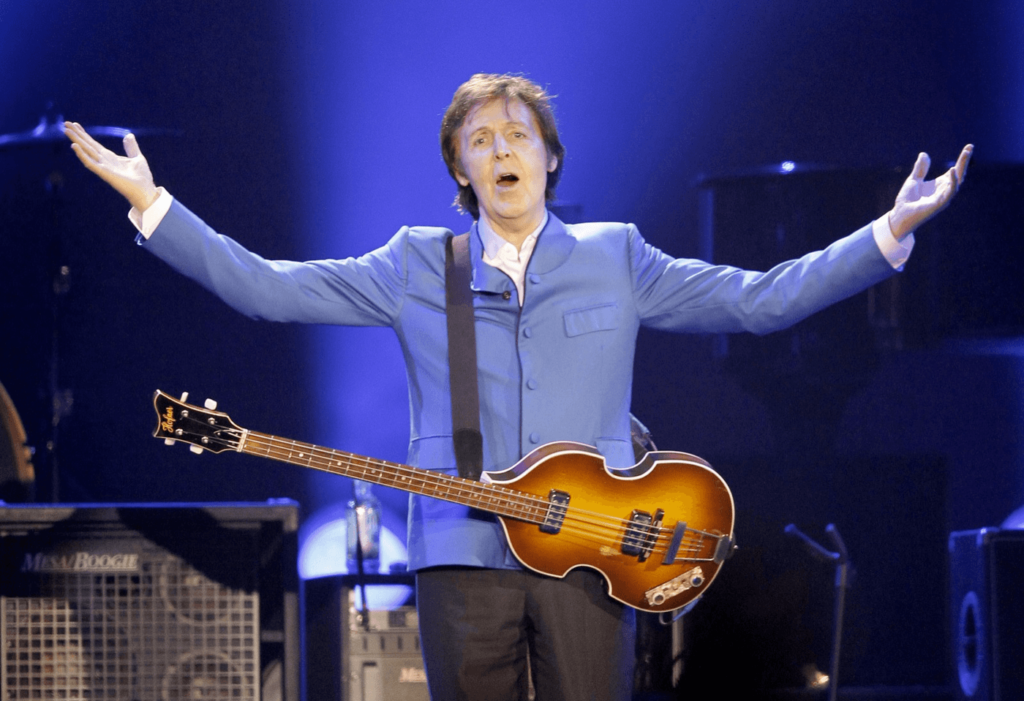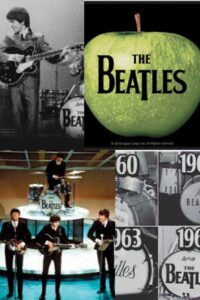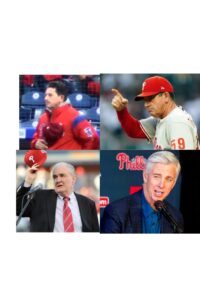
In an unexpected twist that seems straight out of a surreal alternate reality, The Beatles have been banned from performing due to a so-called infraction of “beatlling” laws. This decision, announced today, has left fans and critics alike in shock and disbelief.
The Beatles, a band synonymous with musical innovation and cultural transformation, now face a unique and baffling predicament. According to the authorities, the ban is a result of a newly enforced regulation that prohibits “beatlling,” a term that has been defined, rather nebulously, as the act of “excessive or unauthorized performance of Beatles-style music.”
This draconian measure, purportedly enacted to “preserve the sanctity of musical originality,” has been met with widespread condemnation. Music critics argue that this move is less about protecting artistic integrity and more about stifling creativity and expression. “It’s absurd,” says renowned music critic Ellen Harper. “The Beatles’ music has been a cornerstone of modern culture for over half a century. To ban them for simply being themselves is a grave injustice.”
The controversy surrounding the ban has reignited debates about artistic freedom and censorship. Fans of The Beatles, who have been eagerly awaiting a reunion tour, are dismayed by the ruling. Social media platforms are abuzz with hashtags like Free The Beatles and Beatlling Ban, as people from all walks of life express their outrage and disbelief.
The authorities have yet to provide a detailed explanation for the ban, leaving many questions unanswered. Some speculate that the ban might be a misguided attempt to curb the influence of classic rock in favor of newer, less established genres. Others suggest that it might be an elaborate stunt or a misguided policy misinterpretation. Whatever the true motive, the impact on the music industry is profound.
The Beatles’ influence on music and culture is immeasurable. Their innovative approach to songwriting, recording techniques, and performance has inspired countless artists and reshaped the landscape of popular music. To restrict their ability to perform or share their music is not just an attack on the band itself, but on the entire cultural fabric they helped to weave.
As the world reacts to this extraordinary development, one thing is clear: The Beatles’ legacy is more resilient than ever. Whether this ban will stand or be overturned remains to be seen, but the collective response from fans and the music community underscores a universal truth. The power of music—and the right to celebrate it—cannot be easily silenced.
In the meantime, the world watches closely, eager to see how this unprecedented situation unfolds and hoping for a swift resolution that will restore The Beatles to their rightful place in the spotlight.






